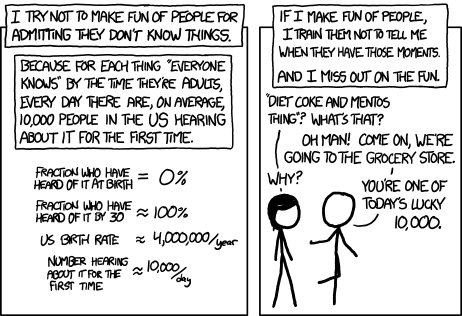We expect Stream's contributors to act professionally and respectfully, and we expect our social spaces to be safe and dignified environments.
Specifically:
- Respect people, their identities, their culture, and their work.
- Be kind. Be courteous. Be welcoming.
- Listen. Consider and acknowledge people's points before responding.
Should you experience anything that makes you feel unwelcome in Stream's community, please contact support or, if you prefer, directly contact someone on the team, for instance Salvatore or Nash. We will not tolerate harassment from anyone in Stream's community, even outside of Stream's public communication channels.
When multiple contributors disagree on the direction for a particular patch or the general direction of the project, the conflict should be resolved by communication. The people who disagree should get together, try to understand each other's points of view, and work to find a design that addresses everyone's concerns.
This is usually sufficient to resolve issues. If you cannot come to an agreement, ask for the advice of a more senior member of the team.
Be wary of agreement by attrition, where one person argues a point repeatedly until other participants give up in the interests of moving on. This is not conflict resolution, as it does not address everyone's concerns. Be wary of agreement by compromise, where two good competing solutions are merged into one mediocre solution. A conflict is addressed when the participants agree that the final solution is better than all the conflicting proposals. Sometimes the solution is more work than either of the proposals.
It's always ok to ask questions. Once you find the answer, document it in the first place you looked. That way, the next person will be brought up to speed even quicker.
Source: xkcd, May 2012
